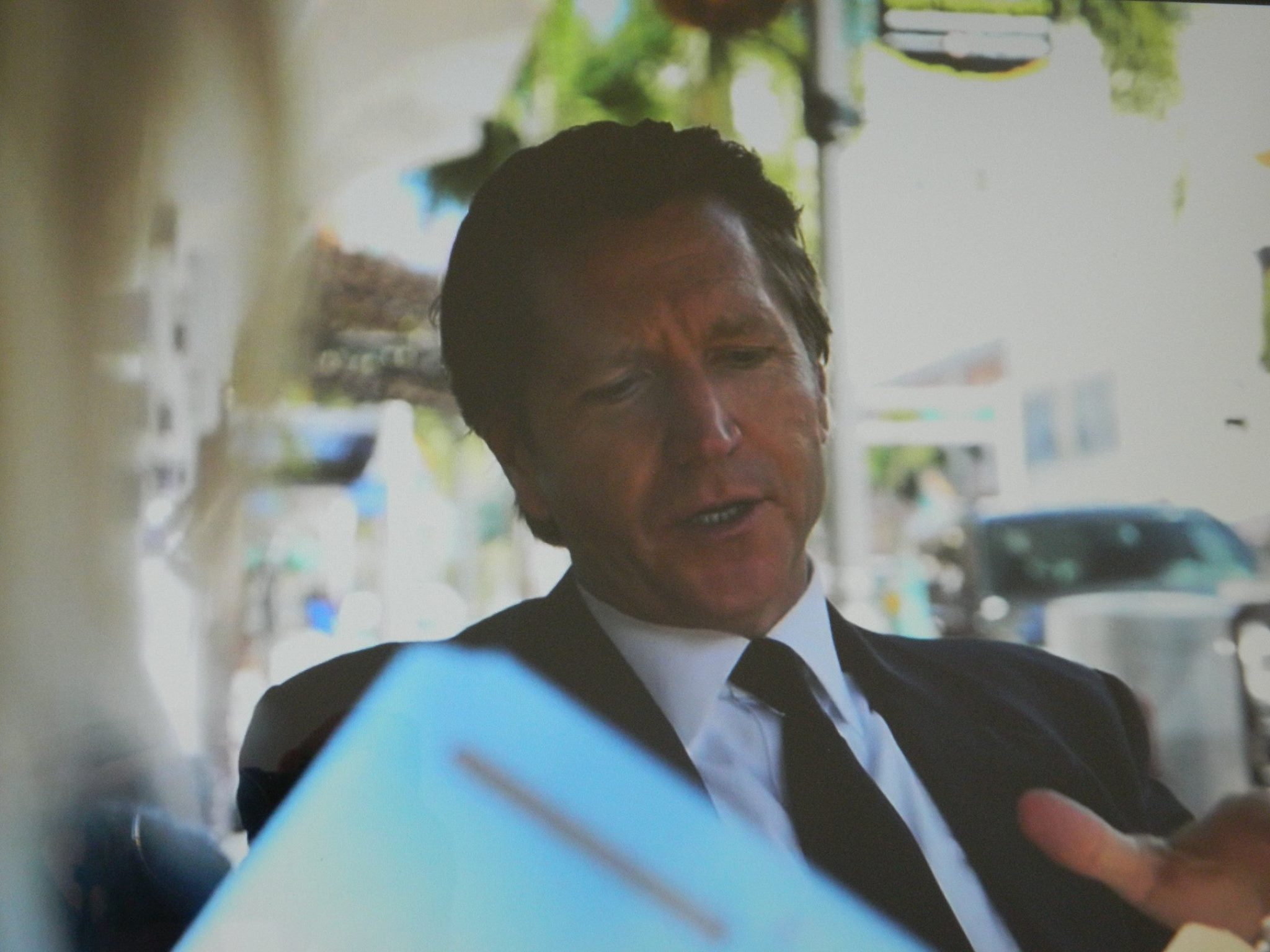
Lots of trust beneficiaries know that you can sue your Florida trustee for breach of trust. But can you sue the trustee’s lawyers too? How about those that assist a trustee in doing bad things? A recent appellate opinion discusses what is aiding and abetting a breach of fiduciary duty. We have written about this topic before. To learn more, click HERE, and keep reading. Getting the Background: what it’s like to be trustee in the State of Florida Lots of family members and trust beneficiaries take issue with their trustee. Whether or not trustee criticism is justified depends on your case. And your trust. And your attitude. Candidly, not every trustee is necessarily bad. And a lot of beneficiaries don’t like the idea of asking a trustee for money. Let’s face it: most people want their inheritance “outright“….and not in a trust. But being a trustee is serious business. A Florida trustee is managing property of another for beneficiaries. She is a fiduciary who is supposed to place the interests of her beneficiaries above everyone else’s–including her own. And, in fairness to trust beneficiaries, the Florida trustee has a lot of duties they owe to beneficiaries. It’s all in the Florida Trust Code. Trustees are actually not required to serve as trustee. You can decline. Just because you are named in a trust document does not mean you have to be the trustee. Now, let’s get back to those duties a trustee owes its beneficiaries. If you breach, or […]







